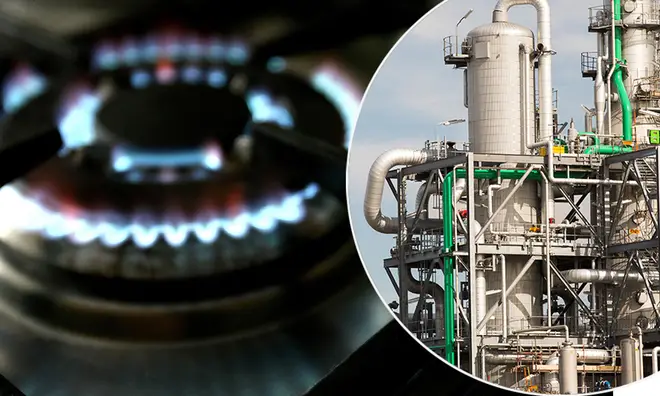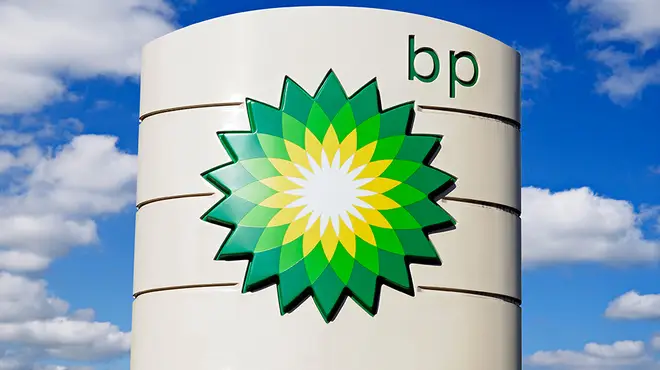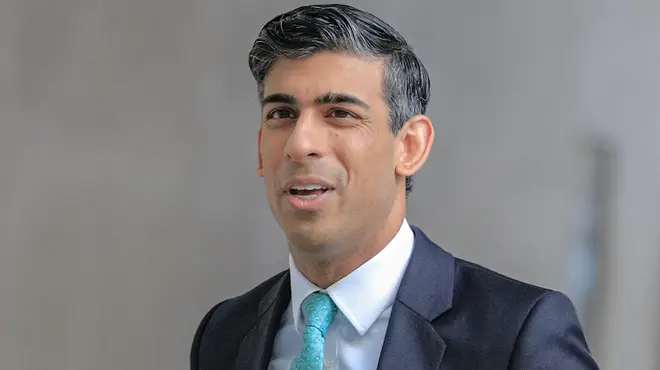
Nick Abbot 10pm - 1am
1 November 2022, 14:59

A windfall tax on electricity and gas companies could raise billions of pounds but what exactly is it? And how will it work during the cost of living crisis?
The cost of living crisis and the Ukraine war has seen soaring prices across the globe for everyday necessities such as gas, electric, oil, fuel, food and much more.
And now, after Shell and BP have just reported a huge three-month profit, there are calls for their taxes to be increased in order to raise more funds to help families in the UK.
In May, when Rishi Sunak was the chancellor of exchequer, he introduced a windfall tax on the UK oil and gas sector which aimed to bring in £5billion of the £15billion support package that was introduced for households struggling in the UK.
And now there are calls for further taxes, especially on electricity generators as they continue to make huge profits.
Read more: 'I can't afford it': Caller admits he hasn't been paying electric and gas bills
Read more: Mortgages, pensions and the value of the pound: How the economic turmoil might affect you
So what exactly is a windfall tax and how does it work? Here's the latest facts including what levy's are already in place:

A windfall tax is a one-off levy that a government can charge a sector or company that has made profits on something they were not responsible for - a windfall.
This is particularly relevant now as oil and gas companies will be making considerable gains as they see prices increase due to coronavirus restrictions lifting and the Russia and Ukraine war.
Currently in place is Rishi Sunak's Energy Profits Levy which applies to profits made from extracting UK oil and gas.
The windfall tax, which could be in place until December 2025, is currently charged at 25% with the Treasury expecting to raise £5billion in its first year.
The windfall tax also allows energy companies to apply for tax savings for every £1 invested in fossil fuel extraction in the UK, encouraging them to make investments in the British energy supply.
The tax, at the moment, does not apply to any electricity companies who generate their power from wind or nuclear.
Previous examples of a windfall tax includes Labour chancellor Gordon Brown imposing one on privatised utilities in 1997.


Debate on whether or not to introduce windfall tax.
At the moment, this is a controversial topic. Nadhim Zahawi has said the existing levy is already enough as energy giants pay double the corporation tax of other businesses plus the windfall tax.
However, Ed Miliband has said Shell's latest profit figures are proof a higher tax could be applied.